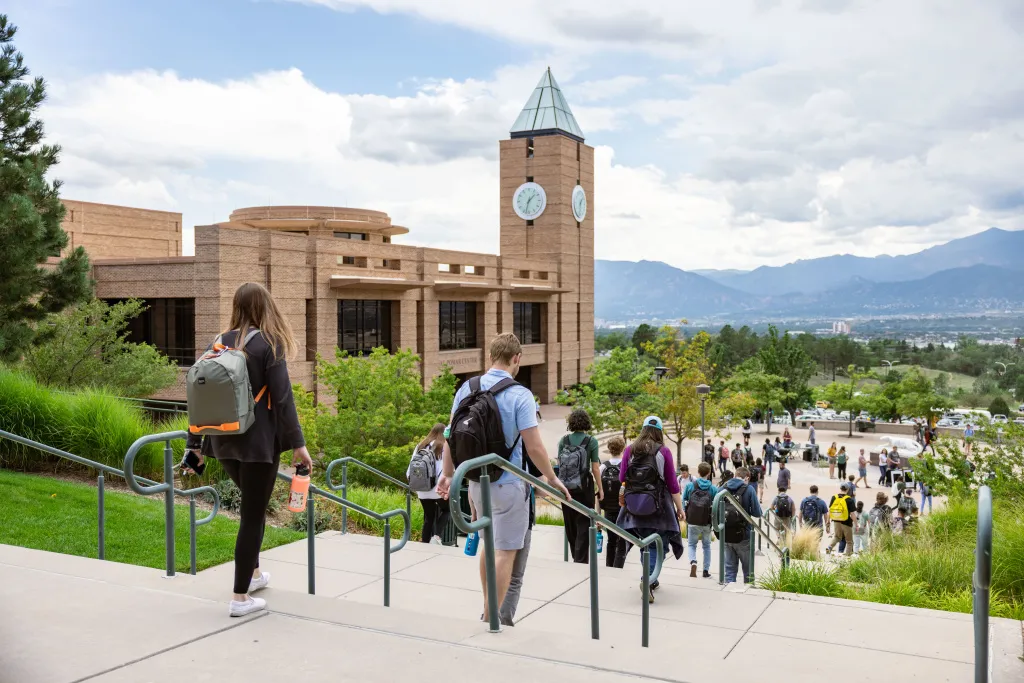If there is an emergency, please call 9-1-1 or UCCS Police at (719) 255-3111

After the Conduct Process
After the Conduct Process
Record Keeping
The Office of the Dean of Students keeps student conduct records in line with federal and state laws, as well as University policy. In most cases, records are kept until you graduate or permanently withdraw from UCCS.
Cases involving probation, suspension, or federally mandated reporting: Records are kept for seven years after you graduate or permanently withdraw. If you do not return after a suspension, the appropriate records will be kept for 7 years after the suspension end date.
Cases involving expulsion: Records are kept indefinitely.
Reviewing Your Record
You may request to review your own student conduct record at any time, and the Office of Dean of Students is obligated to respond within 45 days. While personal copies are not provided, in rare cases where no other reasonable option exists, the Dean of Students (or a designee) may authorize a copy.
If you have an advisor supporting you, they can review your record only if you are present and have given your authorization. Records cannot be removed, copied, or photographed without explicit permission from the Dean of Students (or designee).
Appeals
If a student has been found to have violated the Code, the student may only appeal if the imposed sanctions include disciplinary probation, residence hall termination, suspension, or expulsion. The conduct officer’s decision on all other sanctions is final. If available, the appeal is the final step in the conduct process. An appeal does not provide a second hearing of the case. The review on appeal will be based on the existing record, or new information provided. The information provided to the Conduct Appeal Board (“CAB”) will include the student’s request and basis for appeal, and the conduct officer’s rationale for the decision.
A student may only appeal upon one or more of the following grounds:
- There was a deviation from the conduct procedures that clearly resulted in significant prejudice to the student.
- The severity of the sanction imposed was not appropriate based on the nature of the violation or the circumstances.
- There is new information that was not available at the hearing or administrative review and would have been material to the outcome had it been presented. The new information must be included with the student’s request for appeal. Also, the student must show that the new information could not have been presented at the hearing or administrative review.
More information on appeals can be found in section X. of the Student Code of Conduct
Conduct Appeal Board
The Conduct Appeal Board (CAB) is a group of University of Colorado faculty and staff outside the Office of the Dean of Students and Office of Residence Life trained to review case submitted for appeal. The Conduct Appeal Board looks objectively at the information provided to decide if there is grounds for appeal and what action if any should be taken. More information regarding the appeal process can be found in the Student Code of Conduct.